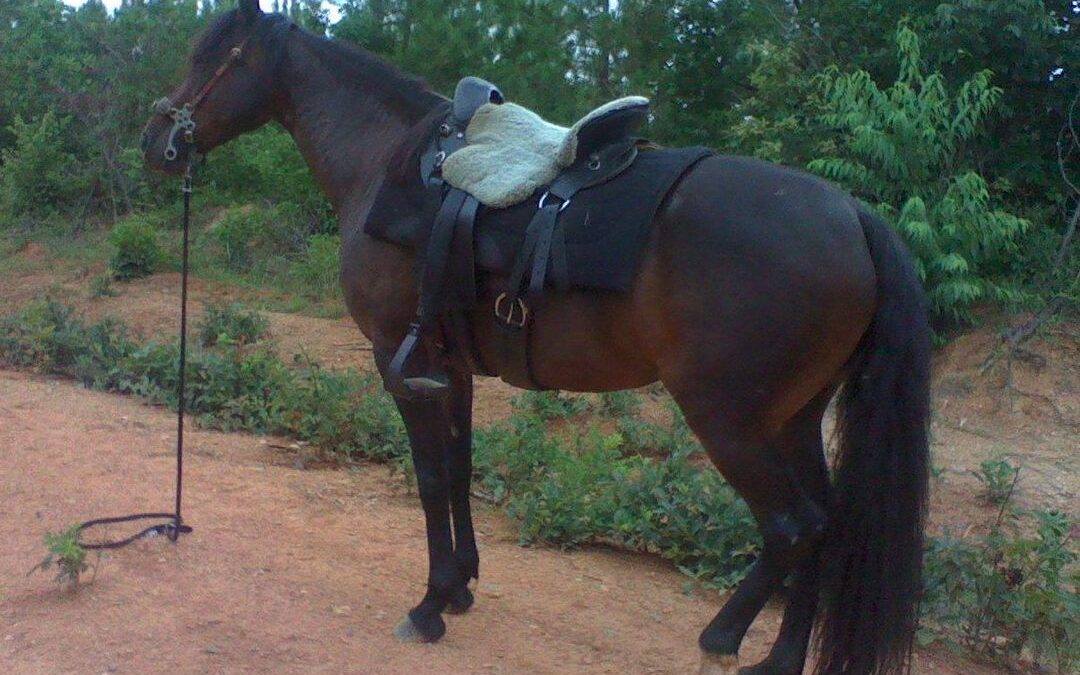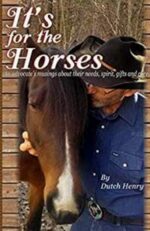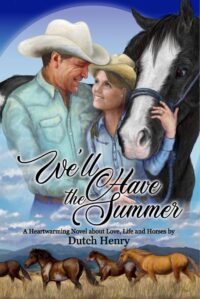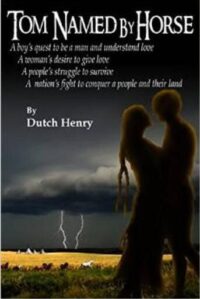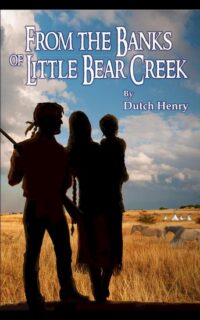GET OUT OF THE WAY AND LET YOUR HORSE LEARN
Howdy Friends! Get Out of the Way and Let Your Horse Learn.” We’ve all been guilty of over-correcting our horses. We’ve all been guilty of demanding too much, too soon, too … enthusiastically.
Thank God, and the Spirit of the Horse, our horses have the patience to deal with us, our miscues, overstimulation, impatience. And if I may risk saying so, our ignorance.
I understand training, trainers, lessons, competing and all the human things about horse and people relationships. And yes I understand the benefits and need for clear and consistent messaging, demeanor and posture. What I worry about is all the training, schooling and drilling tends to make us sometimes, and for some folks a lot of the time, overcorrect.
We’ve all seen people standing with their horse on lead, and when the horse dances and fidgets, the lead gets yanked and the person yells for the horse to “Stand Still!”
The horse reacts, jerking its head high, stands still for a second, then dances again. Then gets corrected in the same fashion again. And the correction follows again, and on and on it goes. Most likely this is the case every time that team goes away and stands together.
I submit yelling for the horse to “stand still” while tugging on the lead is what I call “overcorrecting.”
It short-circuits the learning curve, does not allow the horse to learn. I’ll wager it is not “consistent” with how that person normally carries themselves. Oh yes, it most likely IS consistent with how that person acts in that same situation, every time. So the obliging horse is taught to dance, every time it is expected to “stand still.”
So how do you fix that?
Easy. Get out of the way, and let your horse learn to stand quietly with you. All day if that’s what you want. Just do it. Simply stand still, don’t over correct, in fact, don’t correct at all. Choose to encourage instead.
Sure, some horses are nervous, even scared sometimes, and are going to be high headed and fidgety by their nature. But how does barking at them or jerking the lead rope help reassure them? It can’t. If we want them to feel safe and confident standing by us, we must exude safety and confidence. So they can mirror it.
It may take a number of weeks to accomplish this, especially if there are old habits
But simply standing with your horse, calmly and politely, on gravel or anywhere they won’t be tempted by grass. Hold the lead with your hand close to the halter at first, and just stand with her.
Encourage her to be confident, self-aware. Allow her to look around, if she moves, politely put her back EXACTLY where you want her. Don’t correct or say no. I like to use the word “stand.” Not whoa. We are in fact standing, not whoaing. Just do it with smiles, happy and supportive, and after a while it’ll be second nature for both of you.
I only used the “standing still with me” as an example, but there are many other times where we might be tempted to overcorrect or interfere with our horse’s movement or expression.
Ultimately, yes we have goals we want to achieve. Things we want to do with our horses and we need to direct them, teach them. But try not always correcting. Try going with a mistake, see where it takes you. Follow your horse’s spirit and not your blueprint. You can, and must, come back to your blueprint, but go with the flow, too. You will most certainly be given a gift.
Let me leave you with another example of not correcting and receiving a gift.
I was in a spell when my back and legs were not good; those spells come and go, and in fact mess up my riding. Kessy and I were on the trail It had been a while and even though we did our pre-ride exercises, she was a bit frisky and gaiting down the trail with glee. And some speed.
She kept asking for the canter, finally I said, “Okay,” and she went for it. I sit the canter. Feeling as I did that day, I couldn’t keep my balance and in her attempt to stay under me she kept bouncing in and out of canter.
I was laughing, and did give a slight tap on the rein to help her. But didn’t correct her, I was just going to go with it and waiting for her to come back to her running walk. What she did was discover, to the surprise of both of us, she had a smooth and delightful ground covering rack! Before that moment neither of us knew it!
I wonder, had I corrected her, forced the canter, or the running walk, would we have discovered her awesome rack?
Of course there are times when correcting is necessary and is in fact the proper thing to do. Sometimes, though, giving things a chance to work out on their own, perhaps blossom in ways we aren’t even aware of, can be a priceless gift. Give working it ot, A Chance. ~ Gitty Up, Dutch.

